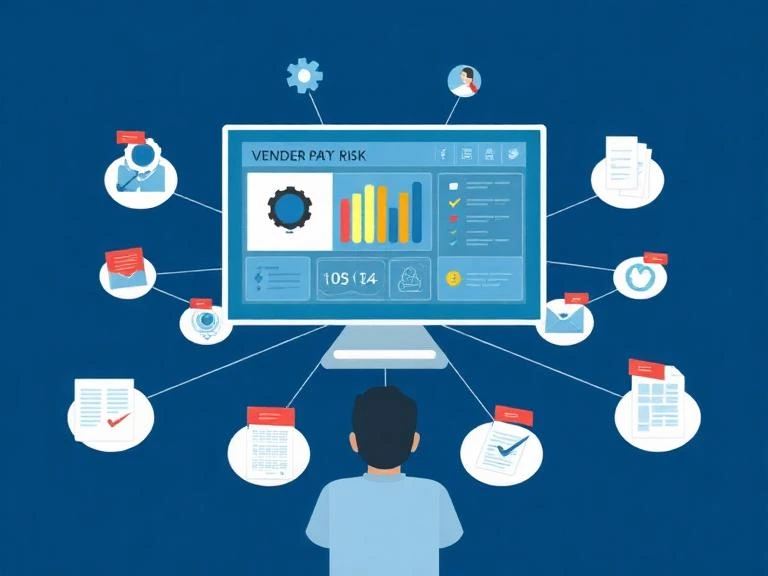Internal auditing is an independent, objective assurance and consulting activity designed to add value and improve an organization’s operations. It brings a systematic, disciplined approach to evaluate and enhance the effectiveness of risk management, control, and governance processes. Internal auditors assess various aspects, including emerging technologies, global issues, ethics, quality, economy, and efficiency. Their goal is to ensure that internal controls are adequate to mitigate risks and that governance processes are effective and efficient. In summary, internal audit plays a crucial role in helping organizations achieve their objectives by ensuring effective risk management, strong controls, and sound governance processes.

Mastering Third-Party Due Diligence - Essential Strategies for Internal Auditors
In today's interconnected business landscape, organizations increasingly rely on third-party vendors to deliver essential services. However, these relationships can introduce significant risks if not managed properly. Effective third-party management is crucial for…

Harnessing Technology for SOX 404 Internal Controls Testing - Insights and Best Practices
As an internal auditor, ensuring the accuracy and reliability of your organization's financial statements is paramount. One of the key components in this mission is the testing of Section 404…

10 Critical Third-Party Management Mistakes to Avoid - Best Practices for Internal Auditors
Effective third-party management is crucial for organizations seeking to mitigate risks associated with outsourcing and partnerships. Internal auditors and risk managers play a pivotal role in ensuring that third-party relationships are managed…

Best Practices for Conducting Controls Testing Under SOX 404 - Essential Tips for Internal Auditors
As an internal auditor or a member of an audit committee, understanding the intricacies of SOX 404 internal controls is crucial for ensuring compliance and maintaining the integrity of financial reporting. This…

Harnessing Root Cause Analysis for Effective Risk Management in Internal Audit
In the ever-evolving landscape of risk management, Internal Auditors play a pivotal role in identifying and mitigating potential threats to organizations. One of the most effective methodologies at their disposal is Root…

10 Root Cause Analysis Methodologies to Enhance Your Audit Effectiveness
In the dynamic field of internal auditing, understanding the underlying causes of issues is crucial for effective risk management and governance. Root Cause Analysis (RCA) methodologies provide auditors with the…

Unlocking Financial Audit Success - The Power of Root Cause Analysis
Effective root cause analysis (RCA) is a cornerstone of successful financial audits, empowering organizations to identify and address the underlying issues that can impact financial performance and regulatory compliance. In this blog, we will…

Enhancing Business Continuity Through Root Cause Analysis Methodologies
As internal auditors, we continually strive to identify and mitigate potential risks that could disrupt our organization's operations. A crucial component of this process is understanding and addressing the root causes of problems. In…

Mastering Root Cause Analysis - Essential Tools and Techniques for Regulatory Compliance
In today's complex regulatory environment, Internal Auditors and Compliance Officers face the critical task of ensuring organizational compliance. Root Cause Analysis (RCA) serves as a powerful tool to identify the underlying causes…

Root Cause Analysis in High-Risk Industries - Essential Methodologies for Internal Auditors
In today's fast-paced and increasingly complex business environment, Internal Auditors are faced with the daunting task of identifying and mitigating risks that threaten an organization's reputation, assets, and profitability. One critical tool…









